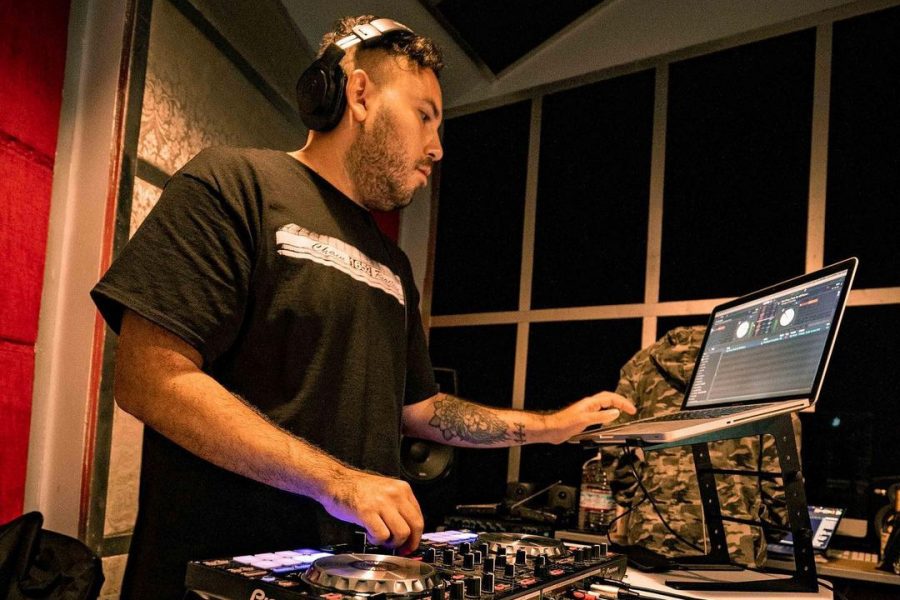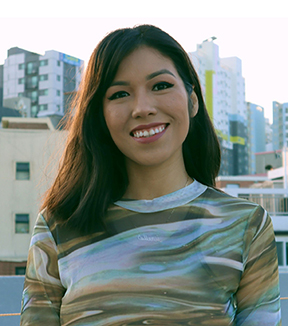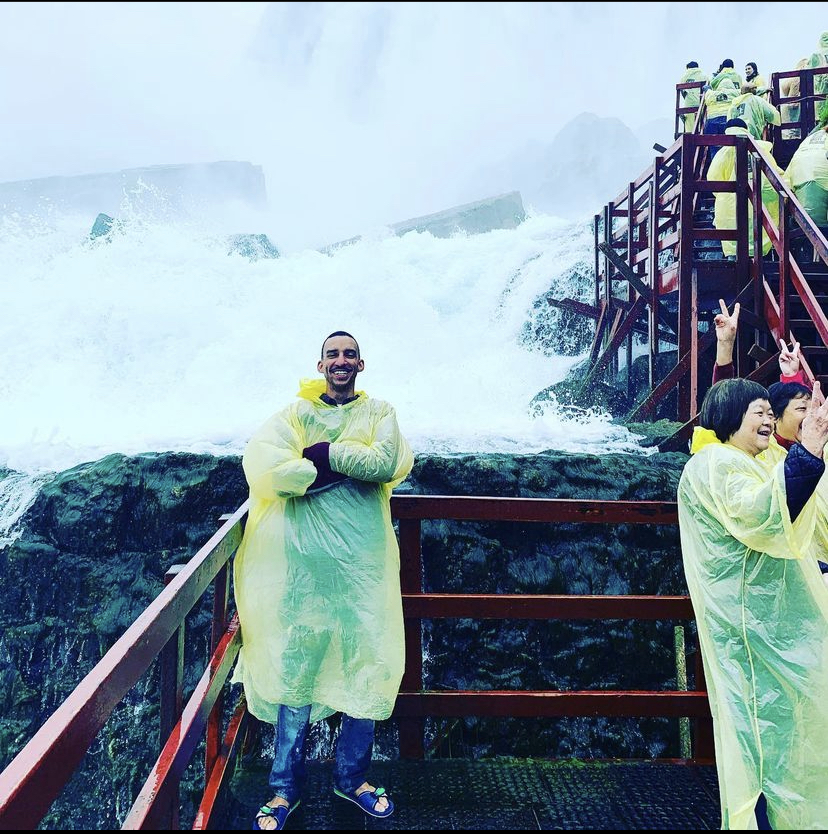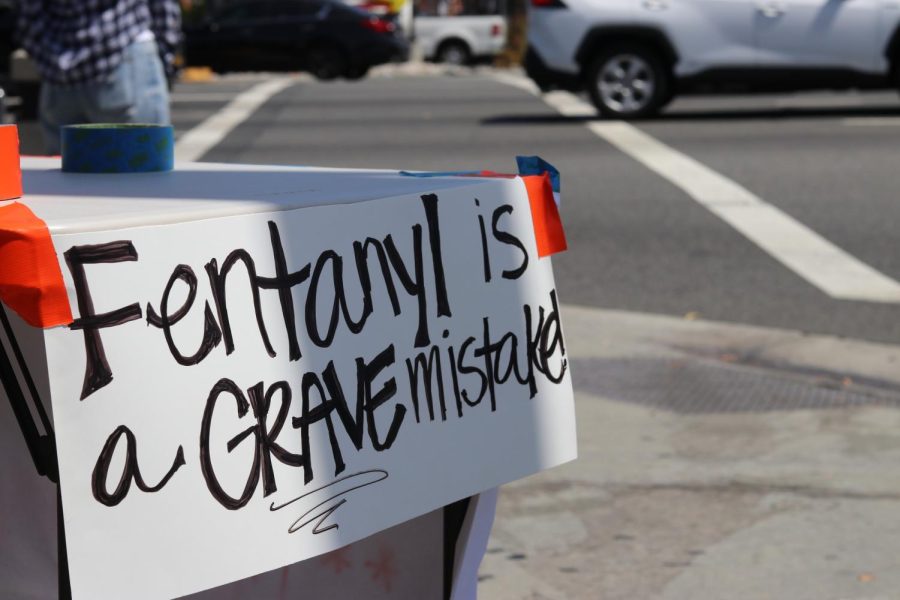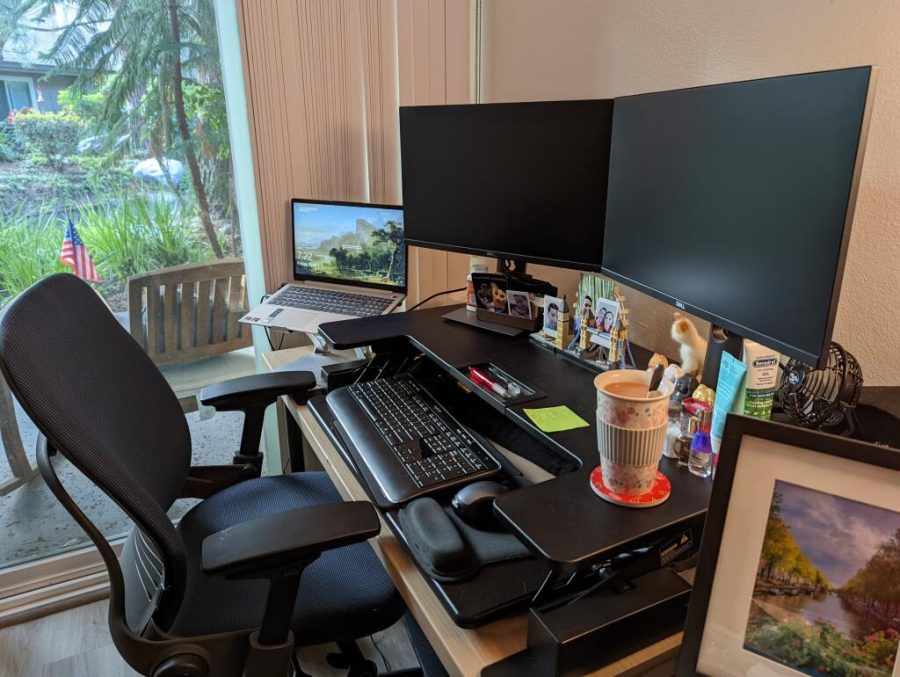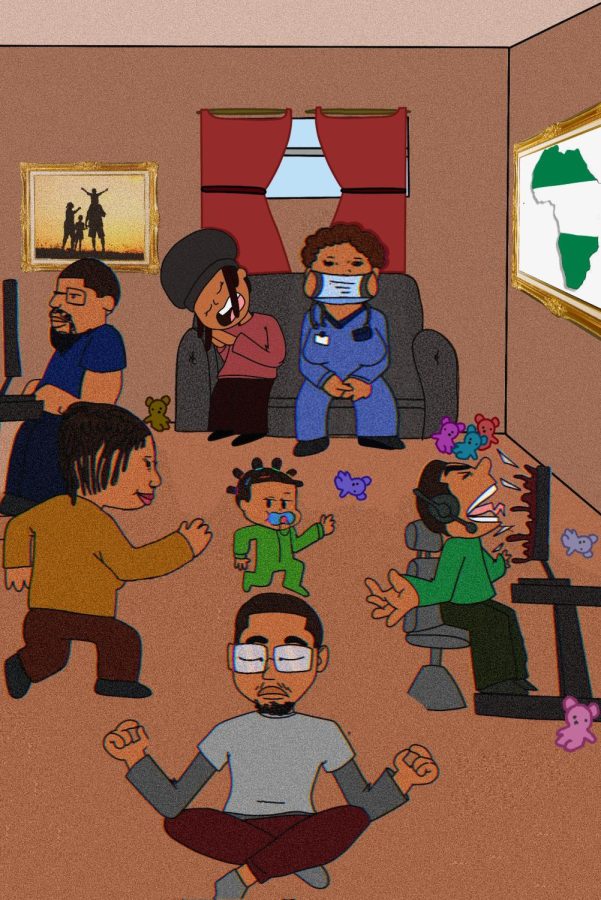Before the pandemic, you could find Jesus Rojo spinning the hottest hip-hop and reggaeton tracks to the masses packed in popular downtown Los Angeles clubs, including the Broadway Bar, The Reserve and the Treehouse Rooftop on any given weekend. Those places, however, along with clubs and bars across the county, still remain closed due to the ongoing COVID-19 pandemic.
Rojo, known as DJ Hazeus, is one of the many DJ’s in LA who have been impacted by the pandemic, and since then has had to adapt and explore other avenues to continue their craft.
“I had a lot of events planned for this year, weddings, private stuff a lot of other events that involved artists and DJs. When all this stuff happened, everything got put on pause,” said Rojo.
Almost a year into the pandemic, most activities where one could enjoy music, including festivals, concerts and night clubs still remain too dangerous to resume. This has upended the music industry and forced labels, promoters, artists and even DJs to adapt and find new, creative ways to bring the music to the crowds.
Different formats have been tried including virtual live-sets, online concerts and even drive-in concerts, to give music-lovers an experience without the risk of spreading COVID-19.
At the beginning of the lockdown last year, many DJs took to Instagram Live to stream music to their followers.
But once Instagram noticed it was suddenly flooded with live sets, they strongly enforced copyright laws and DJs noticed the algorithm started to cut off their livestream and take it down within seconds of going live.
This forced many to move to other platforms, one of them being the popular live streaming service Twitch, initially used for video game streaming content.
“I didn’t even know how to do any of this stuff. It’s a whole other thing. You have to literally learn how to broadcast,” Rojo said.
Rojo expressed how there’s been a bit of a silver lining, having the opportunity to step back from the club scene and focus solely on the music — something he had been wanting to do even before the pandemic started.
He has started a weekly stream called LA Vice Radio on a digital platform called Massif LA, which features many underground and upcoming rap artists from LA.
“That’s when I started doing what I’m working on now, which is a brand called LA Vice. I’m going on SoundCloud and finding music that is underground and local, that people don’t know about but that is fire and that people are going to want and like,” said Rojo, “From doing these mixes and reaching out to these artists, I’ve been able to tap into them and they’ve actually reached out to me as well.”
Rojo, along with many in the industry, believe that shows and events won’t go back to normal attendance until later in the year or until 2022, so in the meantime he is focused on his weekly broadcast and plans to expand it to include a Twitch livestream featuring different artists and DJs each week.
Other DJs in the community have also used their craft for good, organizing livestream events to help those in need over the holidays. Another DJ from LA, DJ Major Hype, organized a 24-hour “Music for a Cause” livestream event — featuring other local DJs — and accepted food, toys and cash donations during the event.
Despite the county-wide lockdown, many DJs are still receiving offers, and some even participating in dangerous clandestine events.
There have been cases of illegal parties and warehouse events all across LA County, dangerously packing hundreds of people close to one another and violating social distancing measures.
These events are so secretive they won’t even post the address on social networks — people need to call a number to get it over the phone.
On New Year’s Eve, LAPD officials broke up parties of more than 2,000 people in downtown, including one with 1,000 attendees at a popular Agatha Street warehouse space.
Over the past holidays, LA county has become an epicenter of the pandemic, with cases rapidly rising and hospitals at or nearing capacity. More than 2,300 people have died from COVID-19 since New Year’s Day and the county has averaged about 231 deaths daily, over the last week.
“People are always going to party, even before COVID, you could find a hidden afterhours place,” Rojo said, “But I think we should focus on the music for right now — the parties are going to come back. When they come back, they will be back.”



